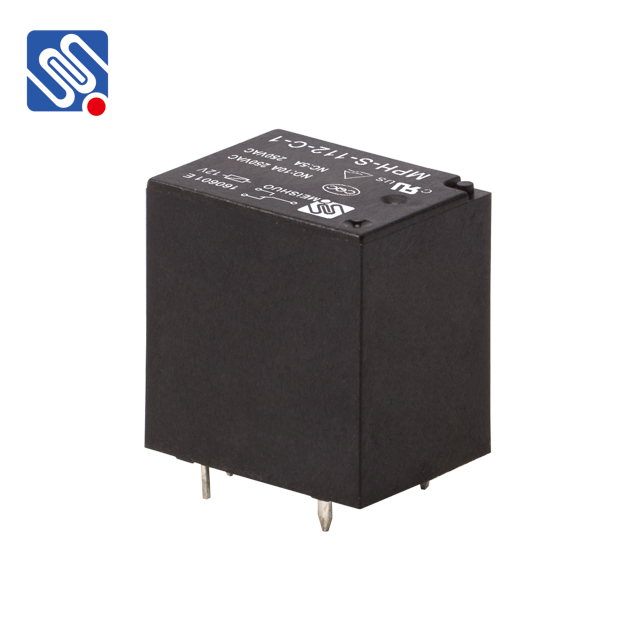Relay functional testing is a critical process in ensuring the proper operation and reliability of relays within electrical systems. Relays play a vital role in controlling circuits by opening or closing contacts based on electrical signals. Whether used in industrial machinery, home appliances, or large-scale electrical networks, the accuracy and functionality of relays are paramount. Relay functional testing verifies that these devices perform correctly, ensuring the safety, efficiency, and longevity of the electrical systems they are part of.

What is Relay Functional Testing? Relay functional testing involves a series of diagnostic procedures aimed at verifying that a relay operates as intended. This process checks both the mechanical and electrical aspects of the relay to confirm that it responds appropriately to control signals, maintains reliable contact, and functions under various environmental conditions. The goal is to identify any defects, misalignments, or performance issues that could compromise the relay’s function. Key Components of Relay Functional Testing Operational Testing The primary step in functional testing is to verify that the relay responds correctly to input signals. This includes checking whether the relay activates or deactivates as expected when an electrical control signal is applied. The testing process simulates real-world conditions to ensure that the relay switches on and off without delay or malfunction. For example, if the relay is meant to control a motor in an industrial setting, it is crucial that it engages and disengages the motor at the correct times.